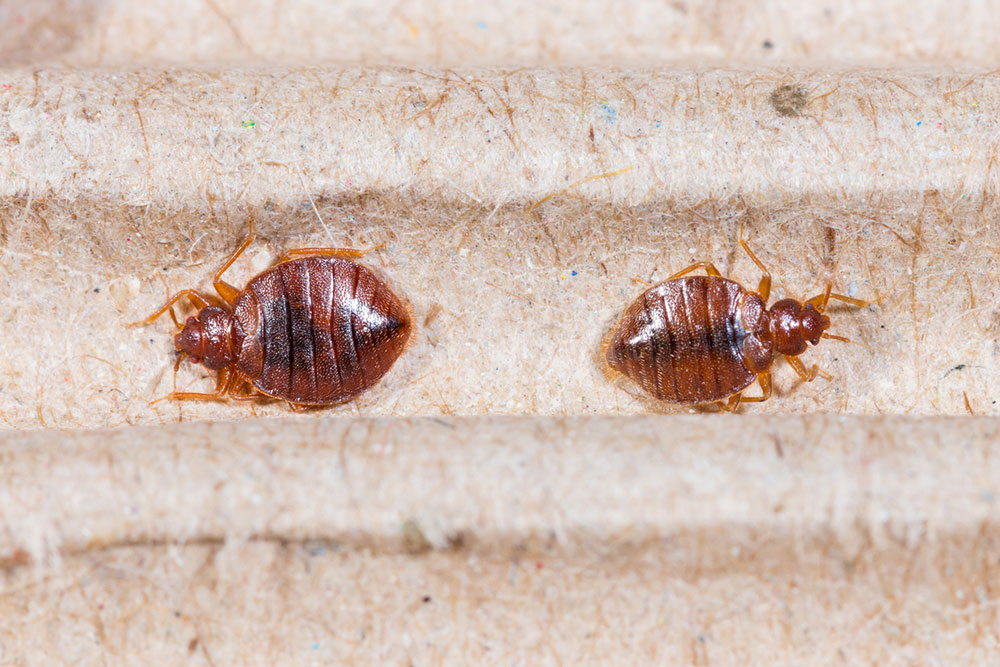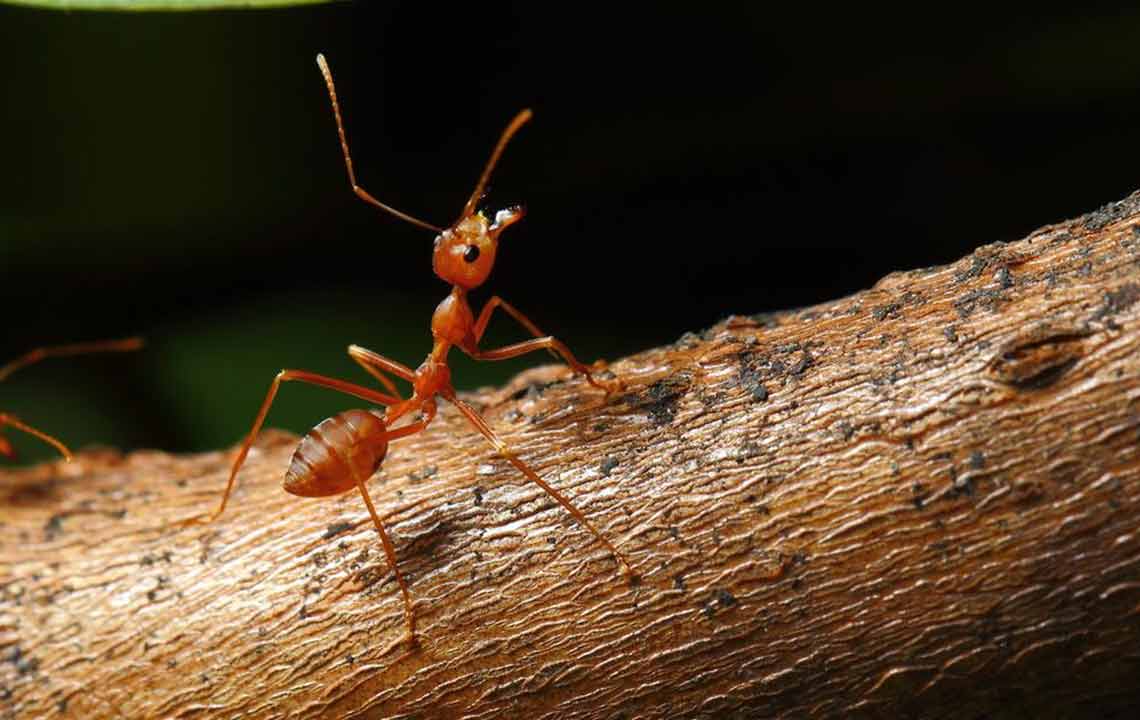How to Detect and Handle Bed Bug Bites Effectively
Learn how to identify and treat bed bug bites effectively. This guide covers symptoms, signs of infestation, and professional methods to eliminate these pests. Understand home remedies to soothe bites and why professional pest control is essential for complete removal. Protect your home and health from bed bugs with expert advice.

How to Detect and Handle Bed Bug Bites Effectively
Small and sneaky, bed bugs hide within bedding, furniture, and concealed spots around your home. They feed on human blood overnight, biting while you're asleep. These insects are tiny, oval, reddish-brown, and range from 1 to 7 millimeters in size, lacking wings.
If you suspect bed bugs, it's essential to call a pest control professional for removal and to prevent bites.
Recognizing bed bug bites
Responses to bites vary; some people don't react at all.
Signs of bites may include:
Itchy, raised bumps with dark centers and inflamed edges
Bites clustered together
Linear or zigzag patterns of small red spots
Hives or blistering at bite sites
Flat or swollen skin patches
Shedded skins from nymphs, appearing white or transparent
Bites generally appear on exposed skin such as arms, legs, and face.
Reactions and signs of bed bug bites
Initial symptoms may be mild or absent, but itching often develops after a few days. Excessive scratching can cause infections, bleeding, and swelling. Bed bugs inject an anesthetic before feeding, which prevents discomfort during the bite.
Rare allergic responses can include:
Fever
Nausea
Breathing issues
Blisters and pain
Swelling of the tongue
Irregular heartbeat
If these occur, seek urgent medical care.
Finding bed bugs at home
Look for dark fecal spots, shed skins, or eggs in bed corners. A musty smell could also signal an infestation. Search hidden areas like under mattresses, behind wallpaper, beneath couches, or inside walls. If you find evidence, contact a pest control specialist immediately.
Handling bed bug bites
Wash bites with soap and water. Apply over-the-counter hydrocortisone or anti-itch creams. Oral antihistamines can also provide relief. Most bites improve naturally within a week or two; however, persistent or worsening symptoms should be evaluated by a doctor.
Severe allergic reactions may require antihistamines, corticosteroids, or epinephrine. Antibiotics can treat secondary infections, while antiseptic creams help prevent complications.
Remedies for itch relief
Use cold compresses to reduce itching and swelling. Bathing with oatmeal or applying baking soda paste can soothe skin irritation. Over-the-counter antihistamines are helpful. To eliminate bed bugs entirely, professional pest control is the safest approach, as DIY methods often fall short and might worsen the problem. Complete eradication might take months, making professional treatment the best choice.


